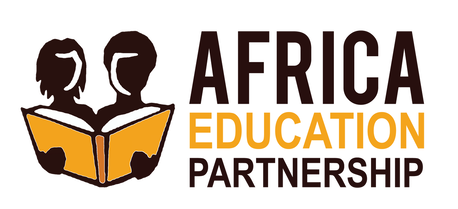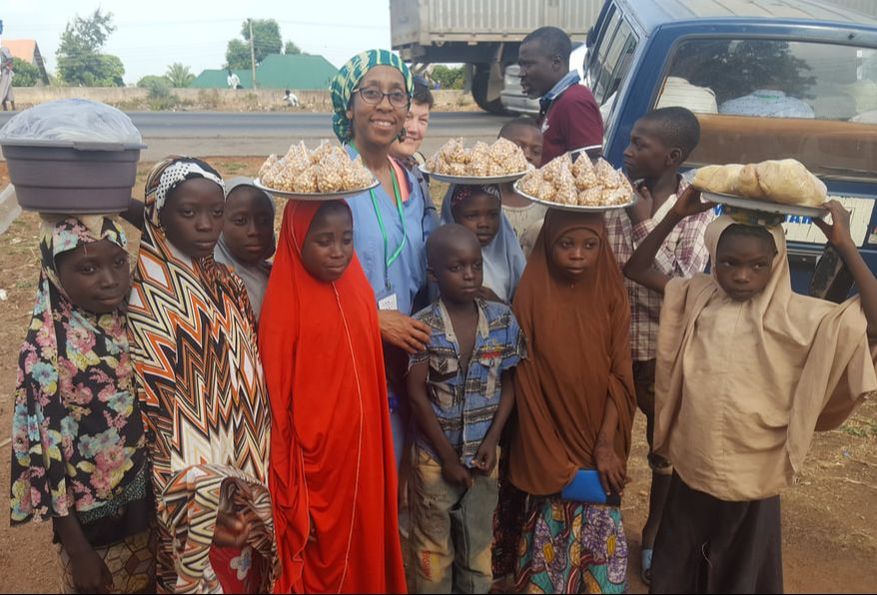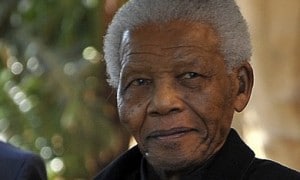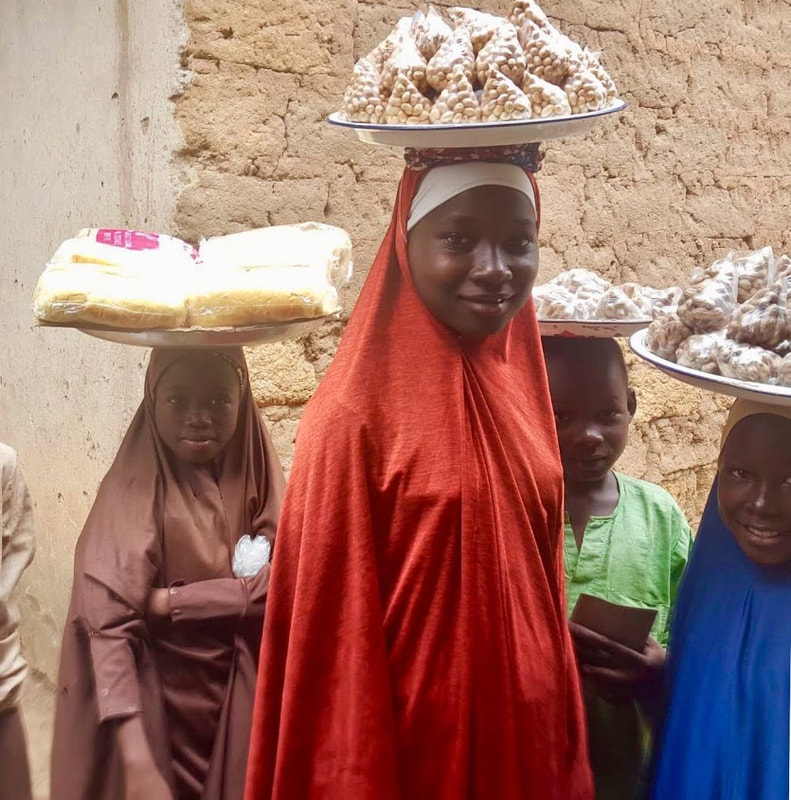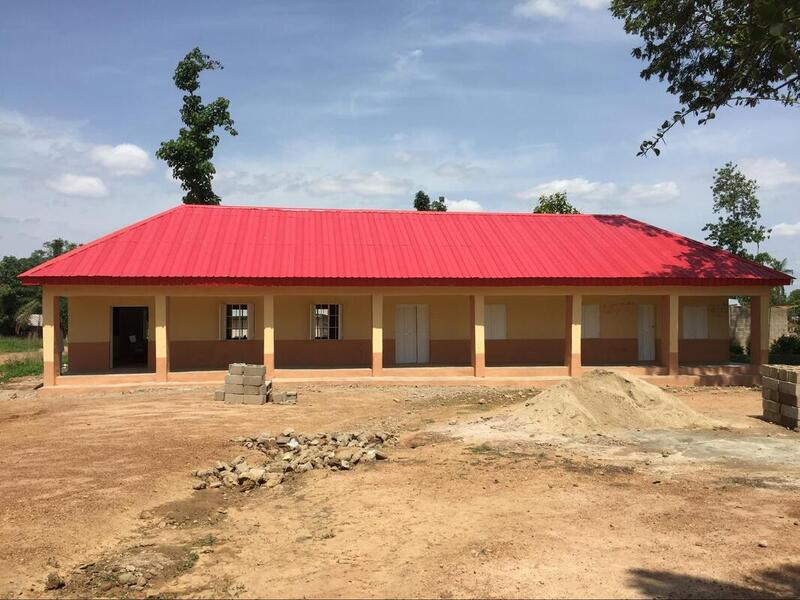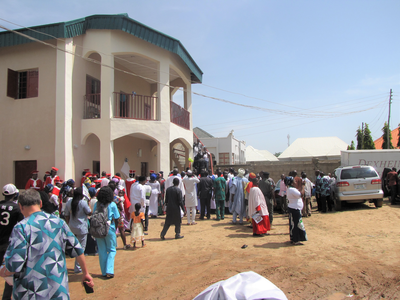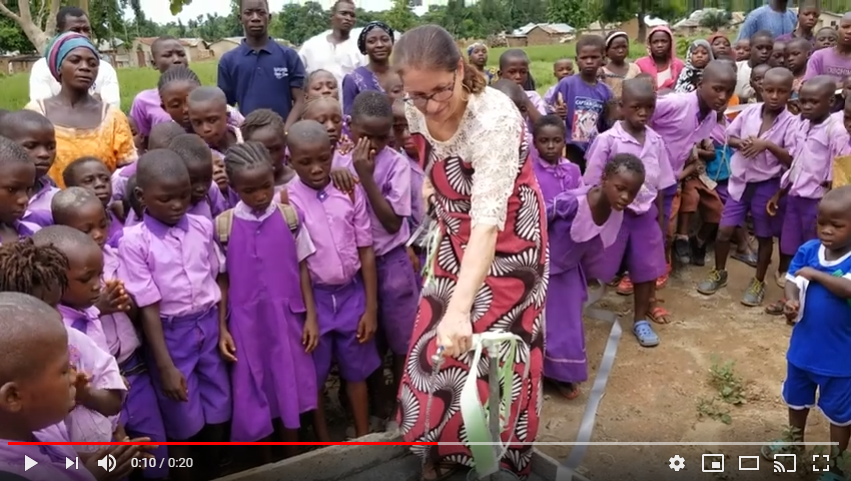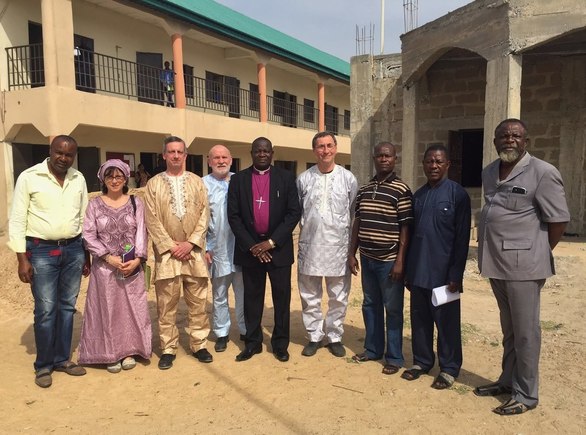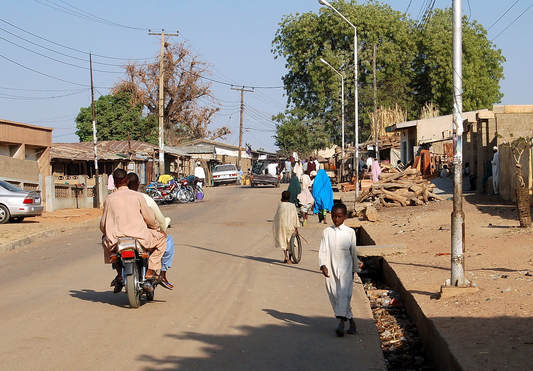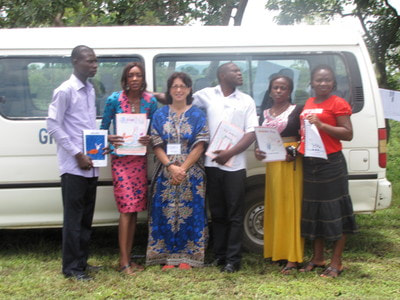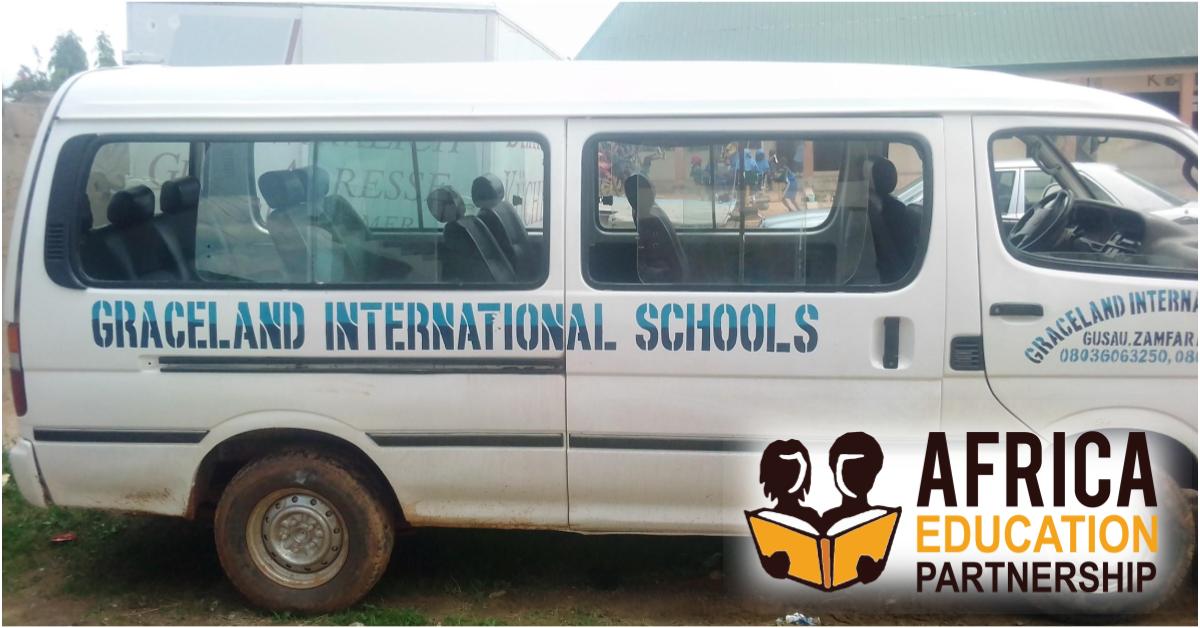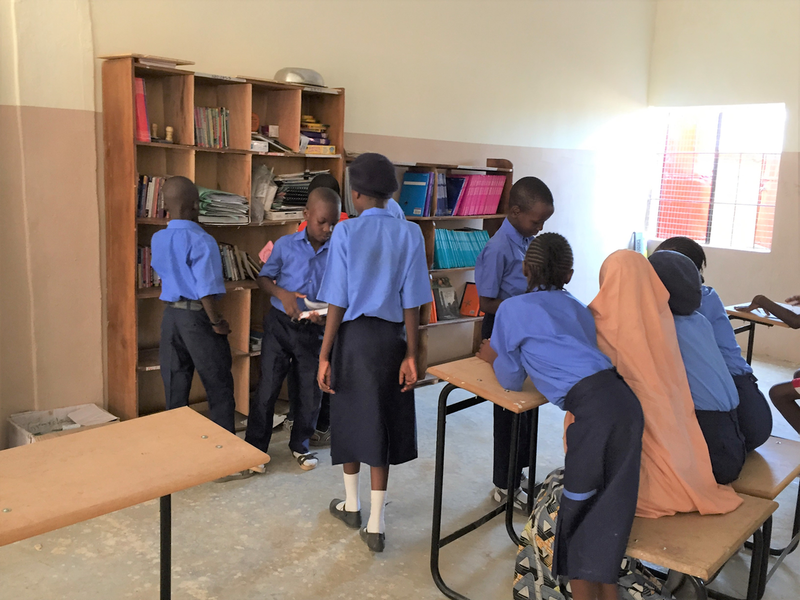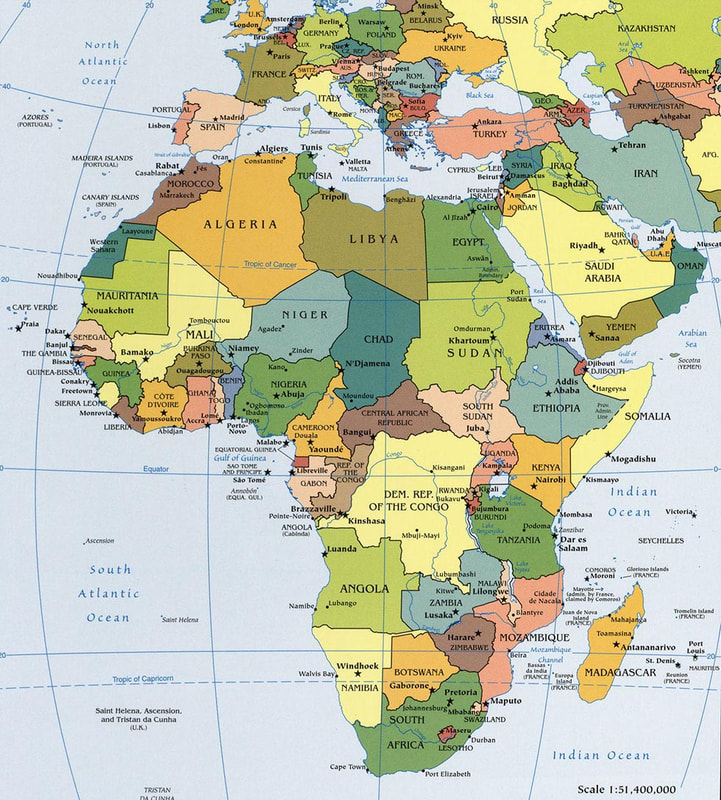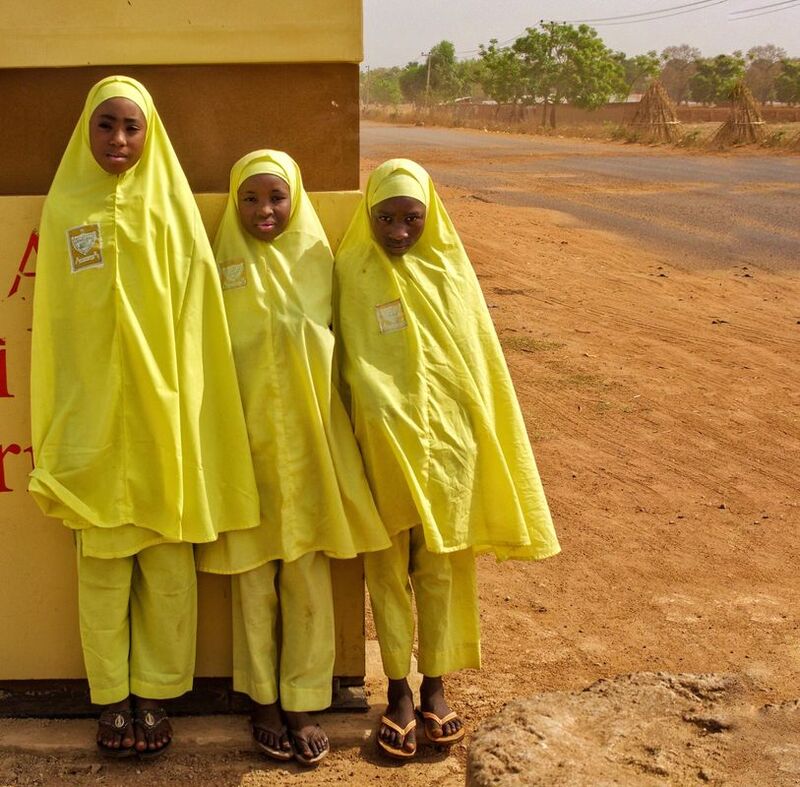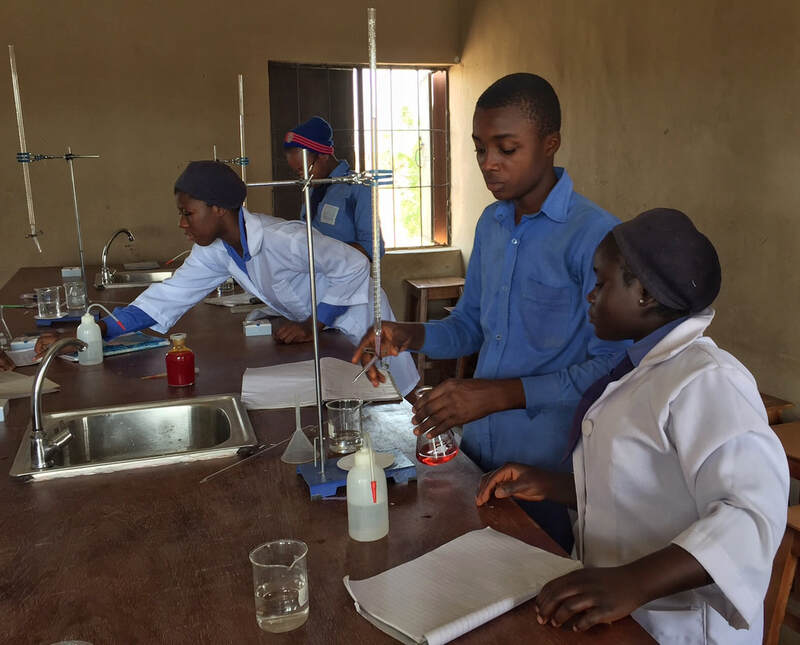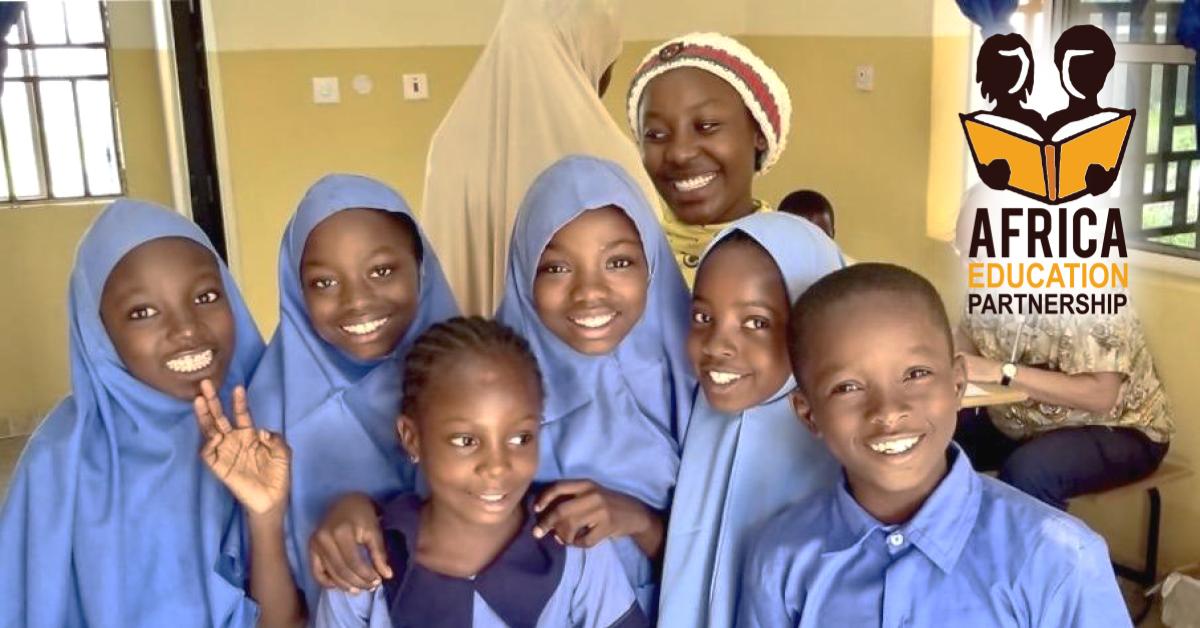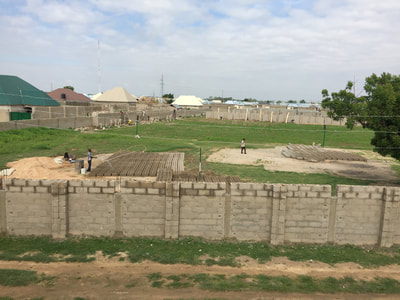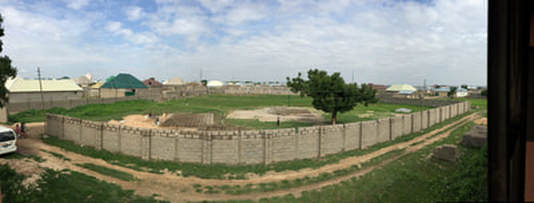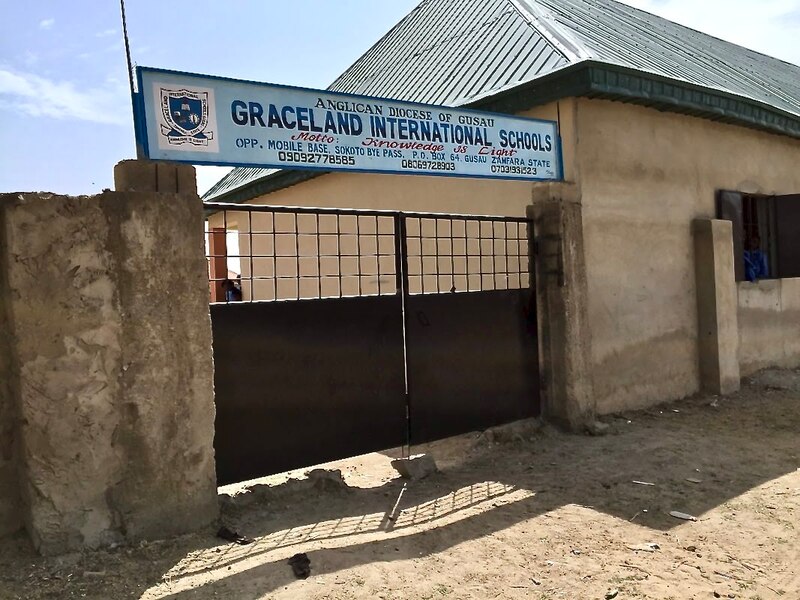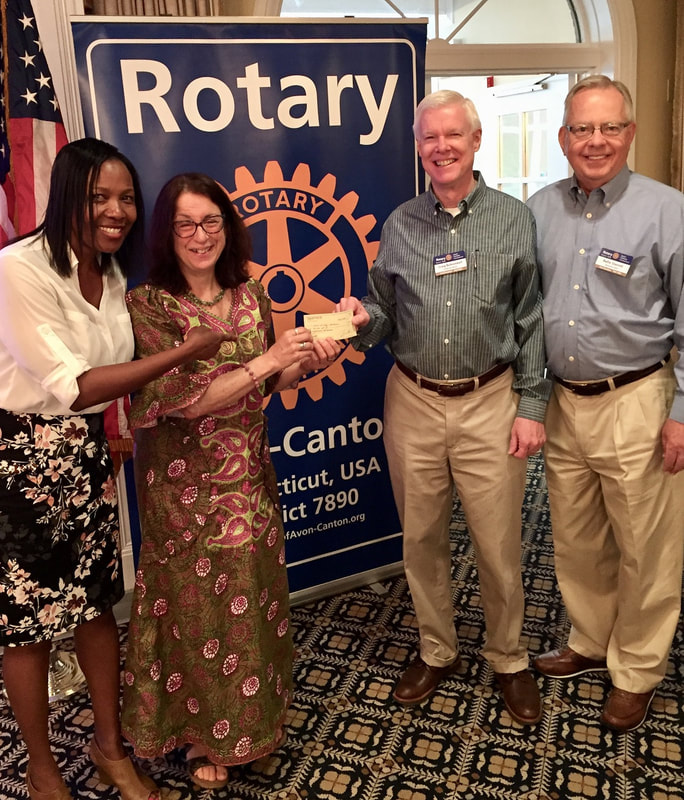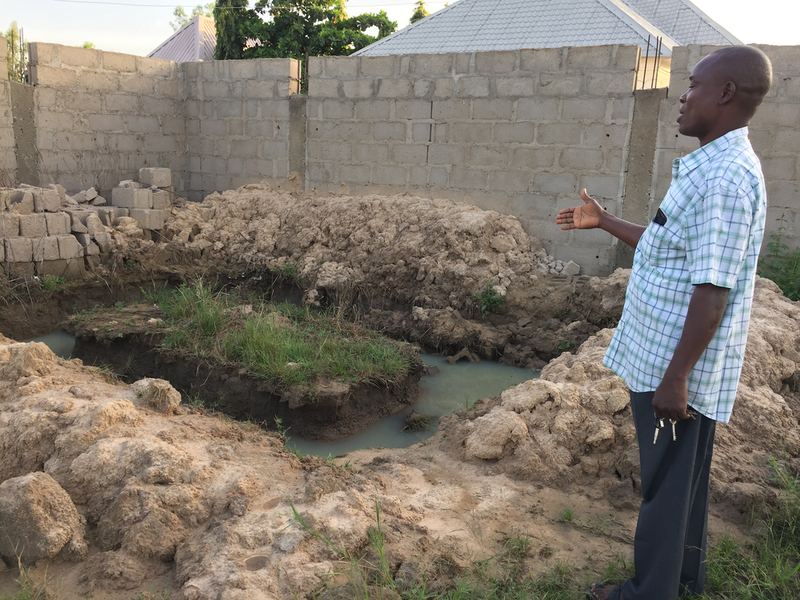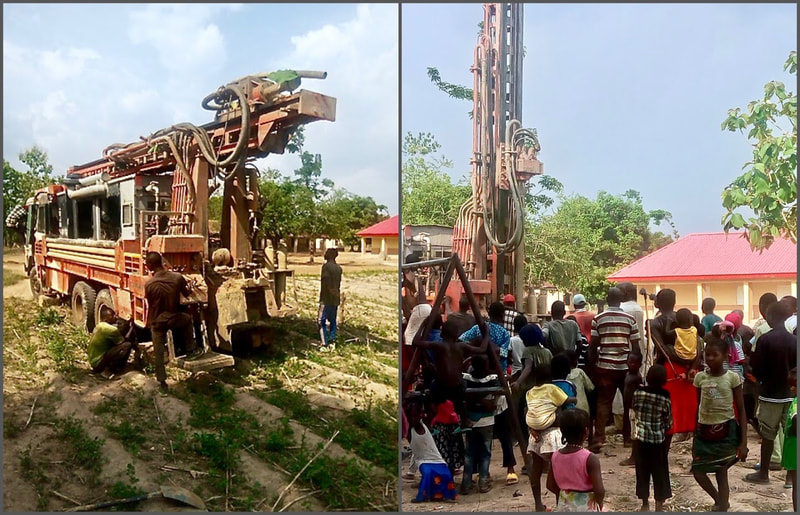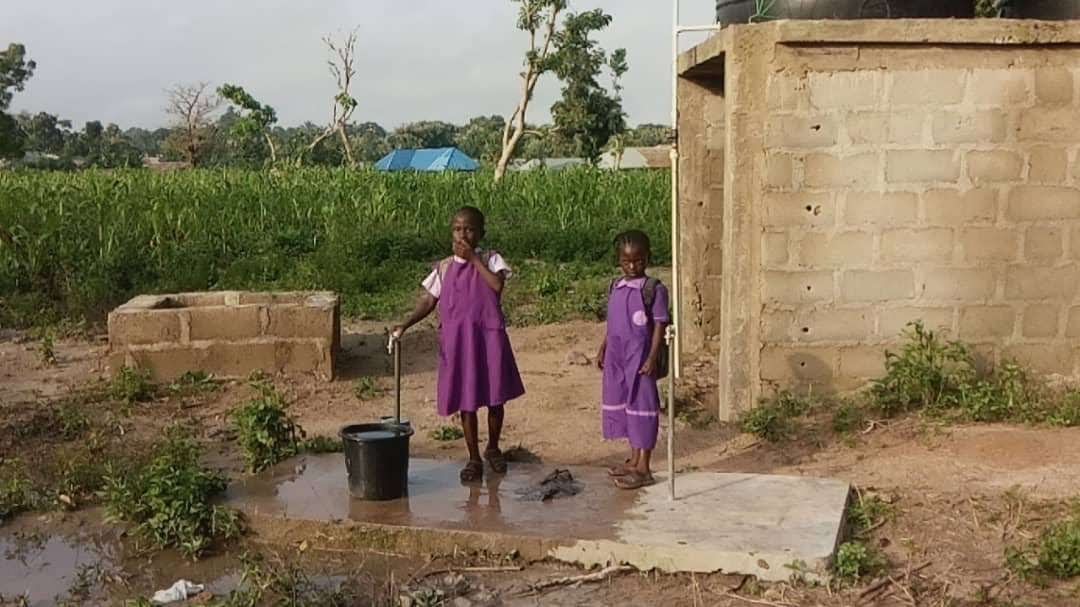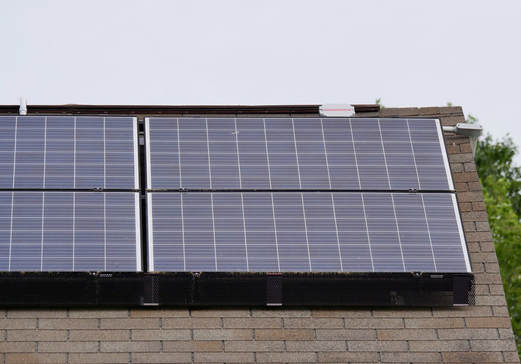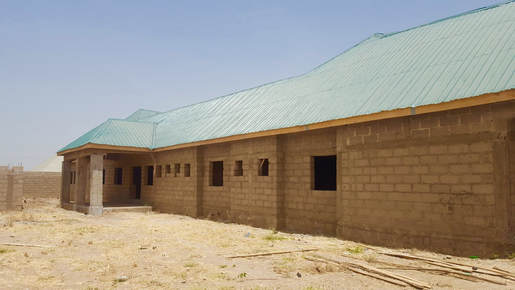Community & Infrastructure
The following problems in the community and with the infrastructure has an impact on local education in Nigeria.
- Children Working
- Church Schools
- Proximity of Schools
- Lack of Investment
- Cultural Bias
- Security At School
- Lack of Clean Drinking Water
- Reliable Source of Electricity
- Shortage of Public Resources
Children Working
Northern Nigeria's economy is primarily based on agriculture, where subsistence farmers eke out a meager existence. Produce that is over and above what is needed by the family is sold in markets or trucked to other areas of Nigeria. Many children do not attend school because their labor is needed to assist with planting, harvesting, and selling of produce to bring additional income into the family.
August 2018 - The Most Powerful Weapon to Change The World
Investing in these students and families also exposes them to life beyond children working.
Nov 2019 - Graceland Students visit Graceland Hospital
August 2018 - The Most Powerful Weapon to Change The World
Investing in these students and families also exposes them to life beyond children working.
Nov 2019 - Graceland Students visit Graceland Hospital
Schools
Many schools in Nigeria and Africa in general are linked to churches and denominations. This is due to the fact that historically churches pioneered education by building schools and other educational institutions. Partnering with existing governing bodies such as dignitaries, clergy and state representatives are a crucial part of being able to help.
Oct 2018 - Dedication Day
Jun 2019 - Dedication of Kogum River Renovation
Jun 2019 - Well Dedication Kogum River
Nov 2019 - Student's Day at Kafanchan Junior/Secondary School
Oct 2018 - Dedication Day
Jun 2019 - Dedication of Kogum River Renovation
Jun 2019 - Well Dedication Kogum River
Nov 2019 - Student's Day at Kafanchan Junior/Secondary School
Proximity of Schools
Many children live a distance from the nearest school. As there is no current system of universal transportation to schools, children must walk, often rising early to do so and traveling hours to get to school. Some parents can bring their children and some schools may provide a van, but a universal, scheduled and managed system in not in place.
The region is not served by reliable public transportation, therefore to enable students who live at a distance from the school, AEP has purchased a Toyota van (their version of a school bus) to transport students and some teachers to the school.
May 2014 - School Bus
June 2015 - School Buses
August 2018 - Buses for Graceland International School
The region is not served by reliable public transportation, therefore to enable students who live at a distance from the school, AEP has purchased a Toyota van (their version of a school bus) to transport students and some teachers to the school.
May 2014 - School Bus
June 2015 - School Buses
August 2018 - Buses for Graceland International School
Lack of Investment
In Nigeria, basic education rates are still low compared to other Sub-Saharan countries. The result of under investment is that most schools are overcrowded with poor resources.
The future success of Nigeria as a nation makes it imperative that the youth of Nigeria have access to good educational opportunities. This is especially true in the North, where some historic and contemporary issues have inhibited access to education.
We invite you to become become a partner with us and our Nigerian partners to help in addressing these problems, through your financial support.
Jan 2014 - AEP Grant recipient
Feb 2013 - Grant Received
Aug 2018 - Graceland International School Fundraiser
Jan 2019 - Our Growing Online Presence
Oct 2019 - AEP at Connecticut Episcopal Convention
Oct 2019 - AEP Board meeting with Bishop Dogo
Nov 2019 - Bishop and Mrs Nana Dogo a great success
The future success of Nigeria as a nation makes it imperative that the youth of Nigeria have access to good educational opportunities. This is especially true in the North, where some historic and contemporary issues have inhibited access to education.
We invite you to become become a partner with us and our Nigerian partners to help in addressing these problems, through your financial support.
Jan 2014 - AEP Grant recipient
Feb 2013 - Grant Received
Aug 2018 - Graceland International School Fundraiser
Jan 2019 - Our Growing Online Presence
Oct 2019 - AEP at Connecticut Episcopal Convention
Oct 2019 - AEP Board meeting with Bishop Dogo
Nov 2019 - Bishop and Mrs Nana Dogo a great success
Cultural Bias
Another cause of low enrollment, especially in the North, is cultural bias. Many parents choose not to send their children, especially girls, to school. Girls’ lives are often directed by deeply ingrained cultural values and include early, pre-arranged marriages.
Sept 2015 - School Begins Third Academic Year
Jun 2019 - Feminine Hygiene Kids help Girls Stay in School
Sept 2015 - School Begins Third Academic Year
Jun 2019 - Feminine Hygiene Kids help Girls Stay in School
Security at School
For the security of the school and its adjoining property, AEP provided funds for a perimeter wall around the whole property. The wall was constructed of reinforced concrete blocks to a height of 8 feet and was completed in 2017.
Apr 2016 - Wall Fundraiser
Aug 2017 - Update on Security Wall Summer Trip 2017
Apr 2016 - Wall Fundraiser
Aug 2017 - Update on Security Wall Summer Trip 2017
Lack of Clean Drinking Water
The school needs a steady supply of clean water. A borehole (well) has been dug for this purpose. The cost of this borehole has been shared between the school and the adjacent Graceland Hospital, water will be piped from this borehole to both facilities.
Jun 2018 - Clean Water for Graceland International School
Oct 2018 - Borehole for Clean Water
Jan 2019 - Work Begins on Graceland School Well
Apr 2019 - Clean Water, Health and Hygiene
May 2019 - Water For Life
June 2019 - Well Dedication at Kogum River
Aug 2019 - Kogum River Community Well
Sept 2019 - Kogum River School and Community Well
March 2020 - Just Imagine...
12/15/2020 - Rural Community Boreholes
Reliable Source of Electricity
The electricity supply is erratic and unreliable, to overcome this problem AEP has set aside funds for solar panels to ensure a steady supply of power for the school. This is especially important for the computer and science labs which require air conditioning. The investigation of the quality and availability of the panels will take place to determine feasibility.
May 2018 - Solar Electricity for Graceland International School
May 2018 - Solar Electricity for Graceland International School
Shortage of Public Resources
Graceland International Hospital, next to the school, will provide not only basic medical care but surgery and maternity services as well. Being branded under the school name will strengthen the connection between medical care and education. Students from the school will be able to get first-hand experience in the medical fields by walking through the gate.
Jun 2018 - Clinic Adjacent to Graceland International School
Jul 2018 - Graceland Hospital open adjacent to GIS
Oct 2018 - Opening Multi Purpose Hall
Jun 2019 - Largest School Site in Kafanchan
Jun 2018 - Clinic Adjacent to Graceland International School
Jul 2018 - Graceland Hospital open adjacent to GIS
Oct 2018 - Opening Multi Purpose Hall
Jun 2019 - Largest School Site in Kafanchan
